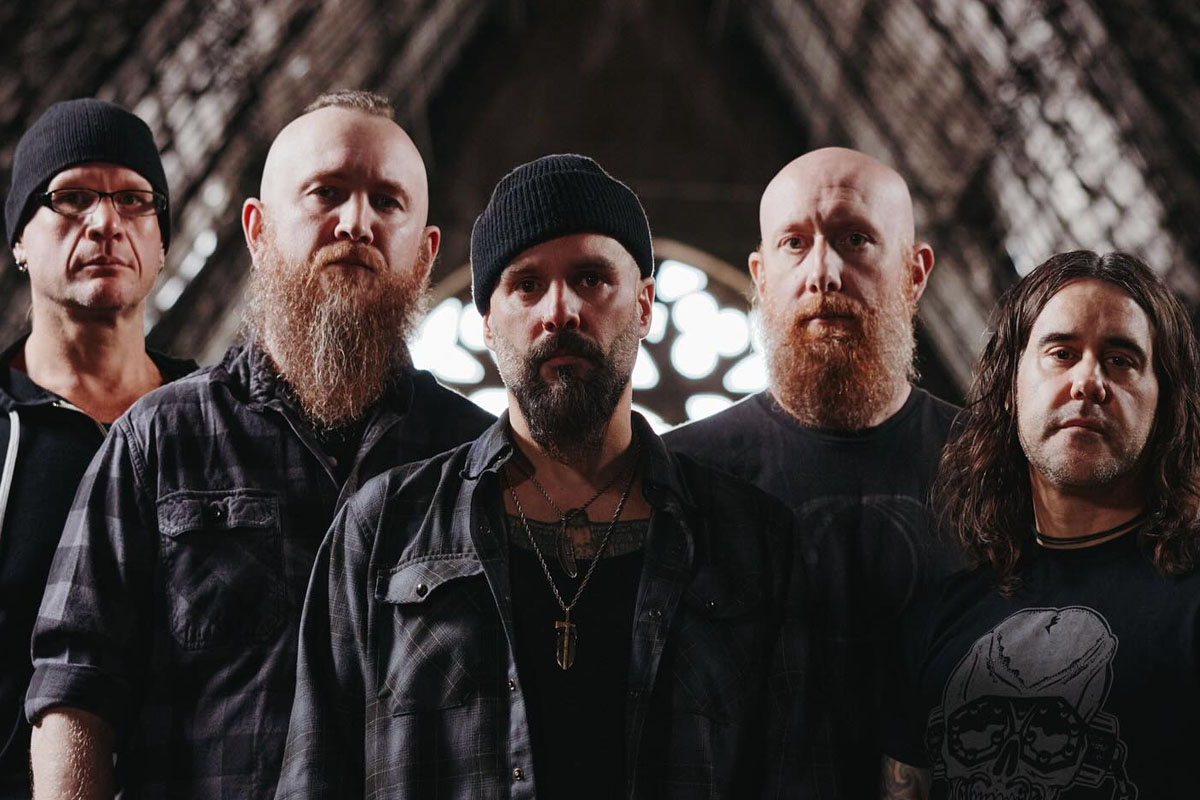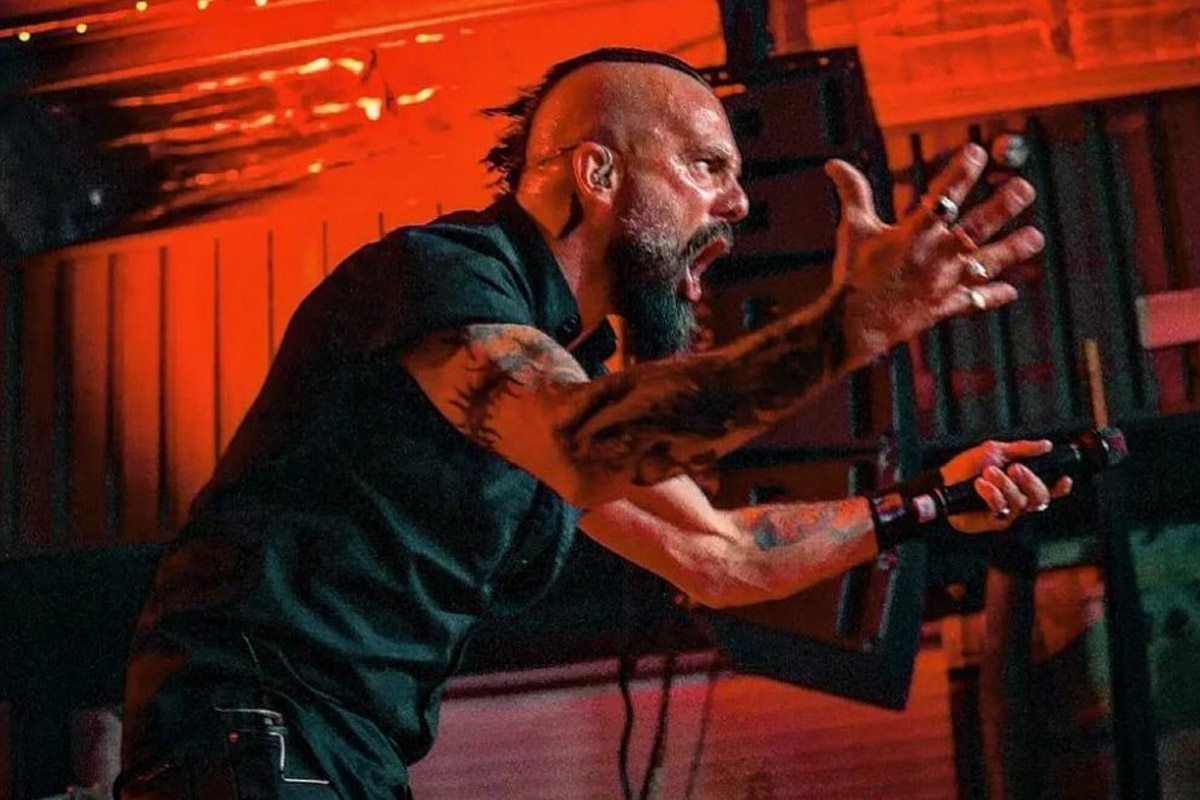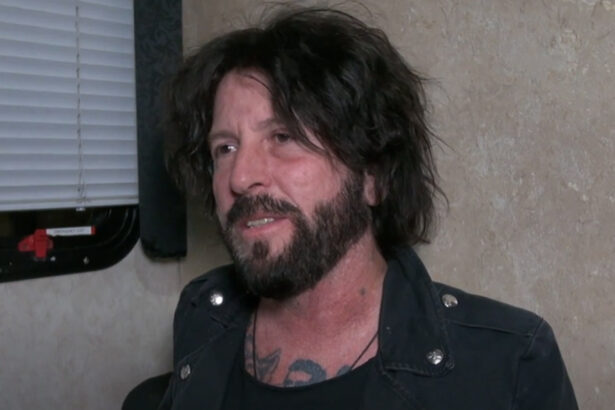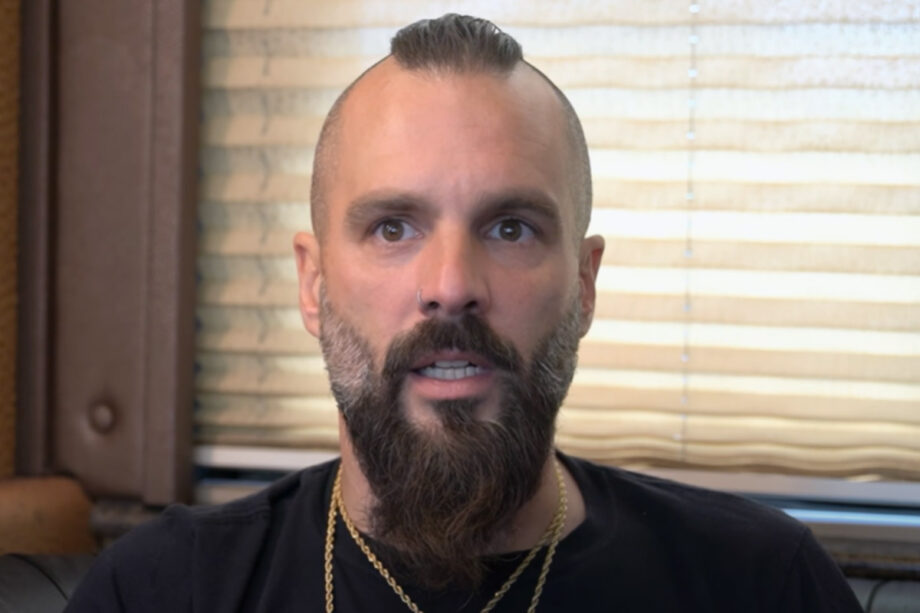Jesse Leach, former and current Killswitch Engage vocalist, has opened up about his initial departure from the band in an interview with Rock Feed. The singer shared his reflections on the period surrounding the band’s breakthrough album ‘Alive or Just Breathing’ and the overwhelming pressure that led to his exit.
“It was a lot of struggle. A lot of just wanting to put out a record that was the next level for us. But it came with a lot of baggage,” Leach explained. “It came with a lot of insecurity. The person that I was back then is so different from who I am now.”
“I had a hard time making eye contact with people. I didn’t really know how to use my instrument which is you know it captured a raw right sound and people like that,” he continued. “I was numb. I didn’t even know who I was. So when I left this band, I was a lost man for years. I was drinking. And I was like I didn’t know who I was. I went through a real identity crisis.”
These revelations offer deeper insight into a pivotal moment in metalcore history. They illuminate the personal cost behind the band’s rapid rise to prominence.
Album Impact And Legacy

Loudwire highlighted the crucial role of ‘Alive or Just Breathing’ in establishing Killswitch Engage as a cornerstone act in the metalcore genre. The album’s breakthrough singles ‘My Last Serenade’ and ‘Fixation on the Darkness’ garnered extensive airplay and critical praise.
The record’s influence shaped the sound of modern metal. It continues to inspire countless bands in the years following its release.
The Departure’s Context

Decibel Magazine documented Leach’s departure during the band’s first nationwide tour. This period proved particularly challenging for the young vocalist. His ongoing battles with depression and personal relationships drove his decision to leave the group.
The band brought in Howard Jones as Leach’s replacement. This change marked a new era for Killswitch Engage while Leach focused on personal recovery.
Return And Evolution

Metal Hammer reported on Leach’s return to Killswitch Engage in 2012. He brought with him a renewed perspective and stronger vocal technique.
His experience of leaving and returning transformed his approach to mental health and performance. The journey has made him a more resilient and technically proficient vocalist.





